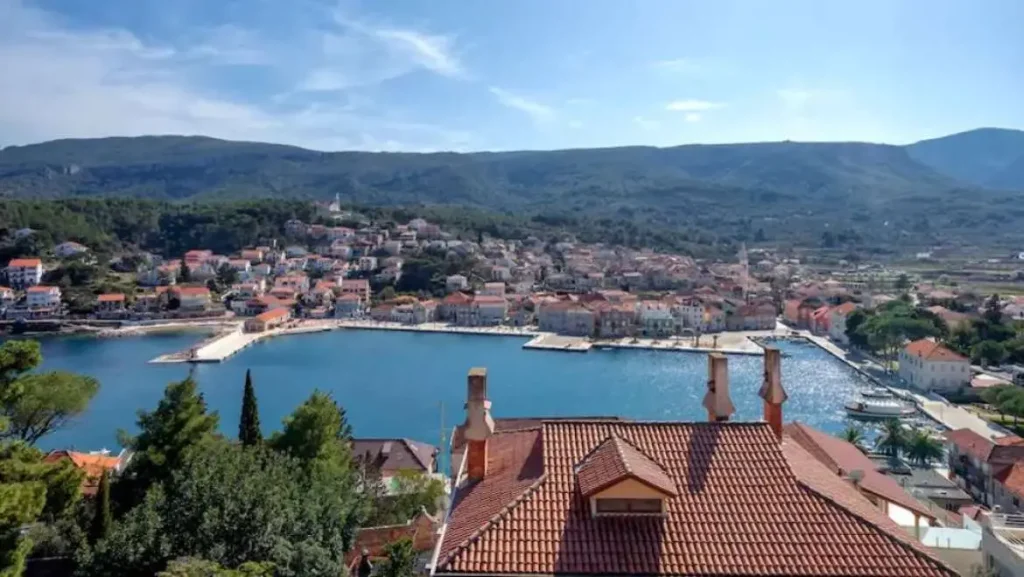Plenković was speaking at the UN conference on climate change (COP26), where world leaders presented their plans and made pledges to protect the environment.
“Croatia intends to compensate the impact of tourists on CO2 emissions by planting more than a million additional trees annually by 2030,” the Croatian prime minister said in his address.
“As a country of a thousand islands, Croatia intends to contribute to the global goal of ocean protection by having 30% of the sea within national jurisdiction under protection,” he added.
“Croatia will participate with, for us highly aspiring, 45% in the EU’s ambitious goal of a 55% reduction in CO2 emissions by 2030. Our coal phase-out year is 2033, but we will push to do it even earlier.”
Plenković said that Croatia takes nature protection seriously. “We have the fourth lowest carbon footprint per capita in the EU” and “38% of our land is under protection.”
“Croatia’s forestry has centuries-long tradition of sustainable management. With 93% of certified forests, our CO2 absorption rate per capita is twice the EU average,” the PM noted.
He warned that “even with the most decisive action now, climate change will still irrevocably worsen lives of generations to come. Resolute and urgent action now can, however, significantly reduce this decline.”
“As leaders, not only as concerned individuals, it is upon us to enact and implement policy choices to do so. At a minimum, we must achieve the goals of the climate agreements we have already concluded and act more vigorously in their fulfilment,” the Croatian prime minister said, calling for more ambitious policies in battling climate change.
“(A) proper understanding of effects of climate change, through raising awareness and education, is crucial for winning this battle,” Plenković concluded.
Parties to the 2015 Paris climate agreement committed to limiting the rise in the mean global temperature to well below 2°C, preferably to 1.5°C, and to reducing greenhouse gas emissions by 45% until 2030 compared to 2010. However, according to UN data, global greenhouse gas emissions have in the meantime increased by 16%, which leads to a temperature rise of 3%.
In Glasgow, countries have undertaken a number of steps to further slow emissions, including a pact to reduce methane emissions and a pact to stop deforestation, which was signed by Brazil, home to the Amazon rainforest, known as the lungs of the world.
India, one of the world’s biggest polluters, has surprisingly committed to a number of steps to reduce greenhouse gas emissions, pledging to achieve zero emissions by 2070. Wealthy countries have announced a total of $8.5 billion in aid to South Africa, the 12th biggest emitter of greenhouse gases in the world, to help it phase out the use of coal.










